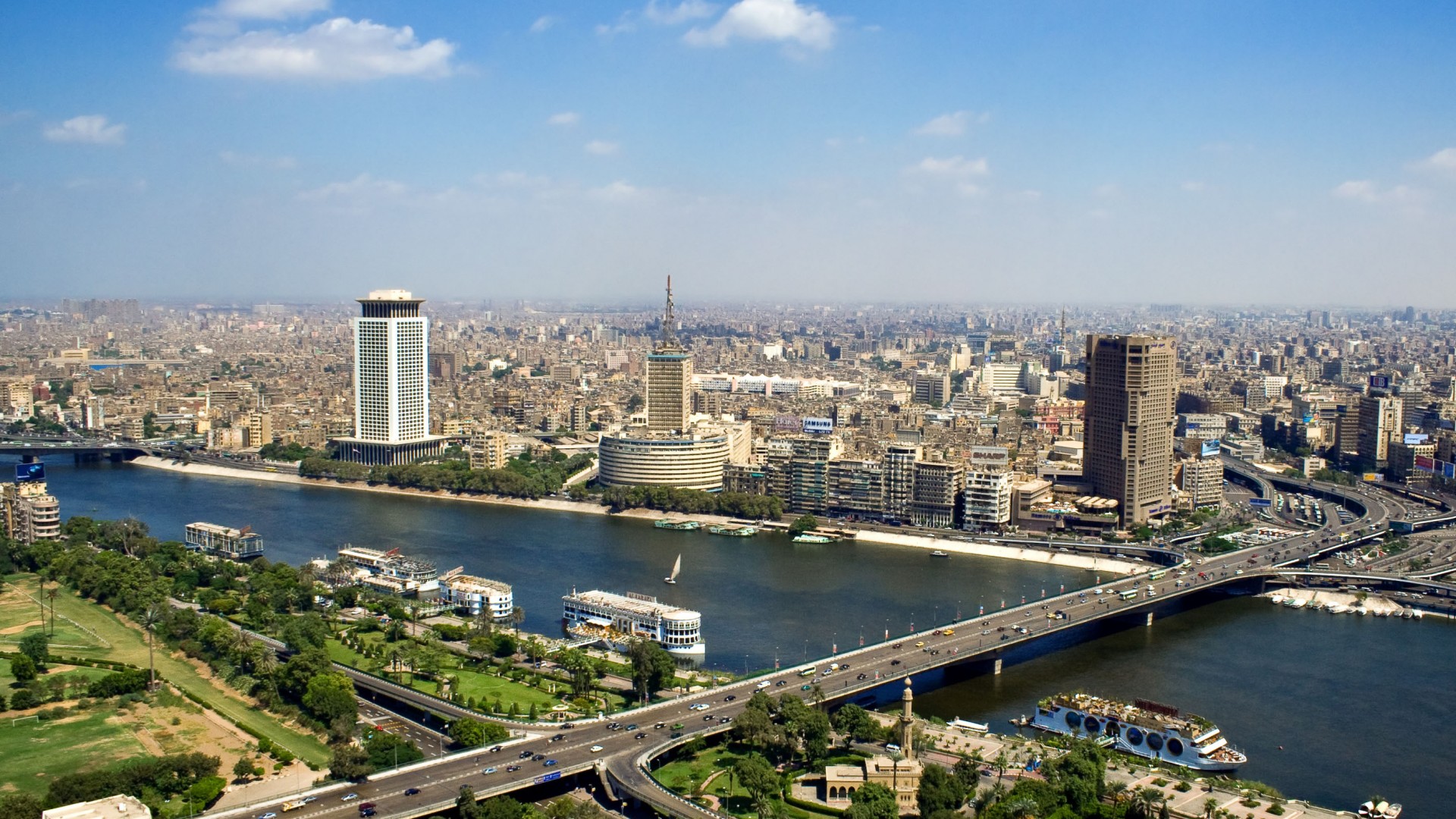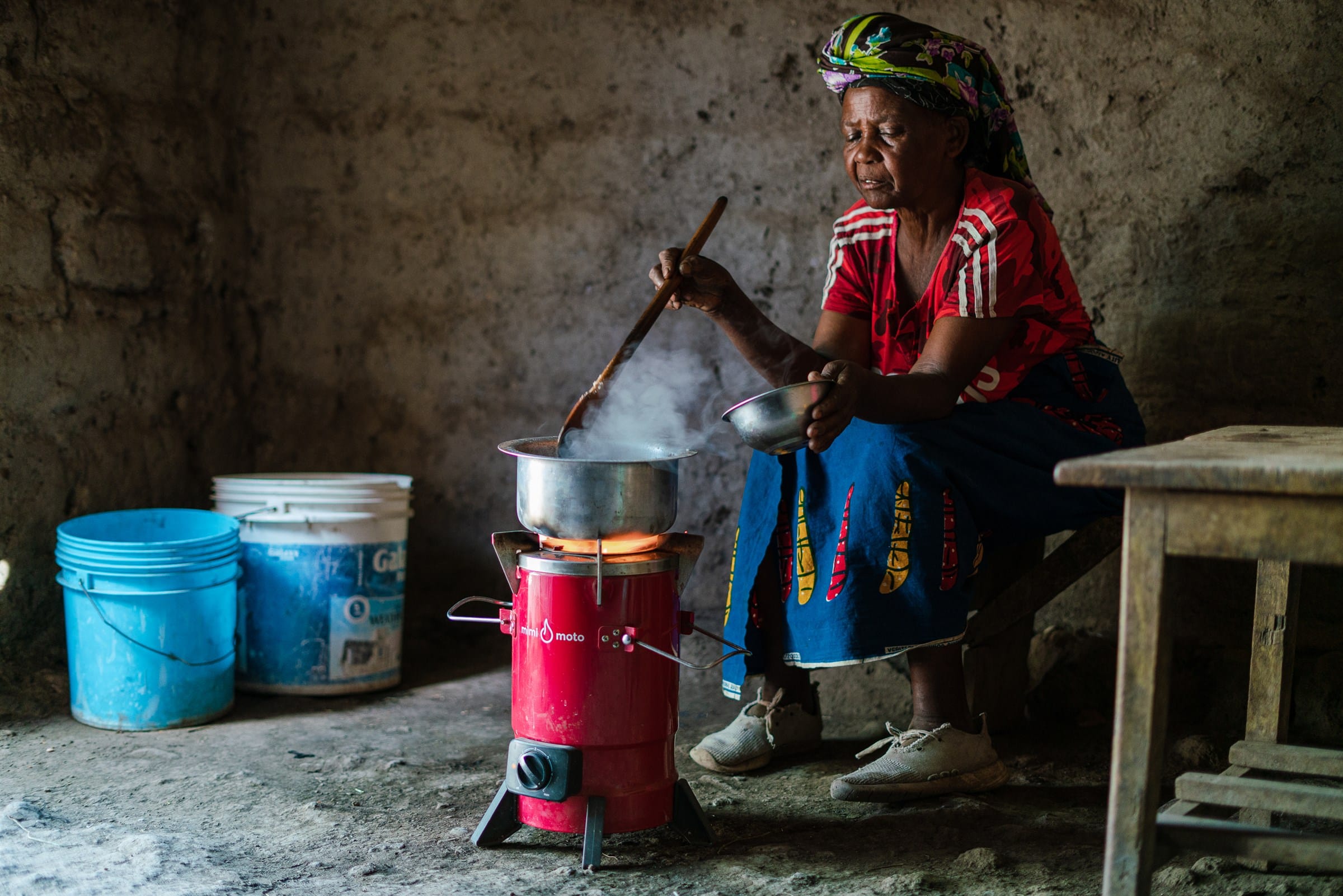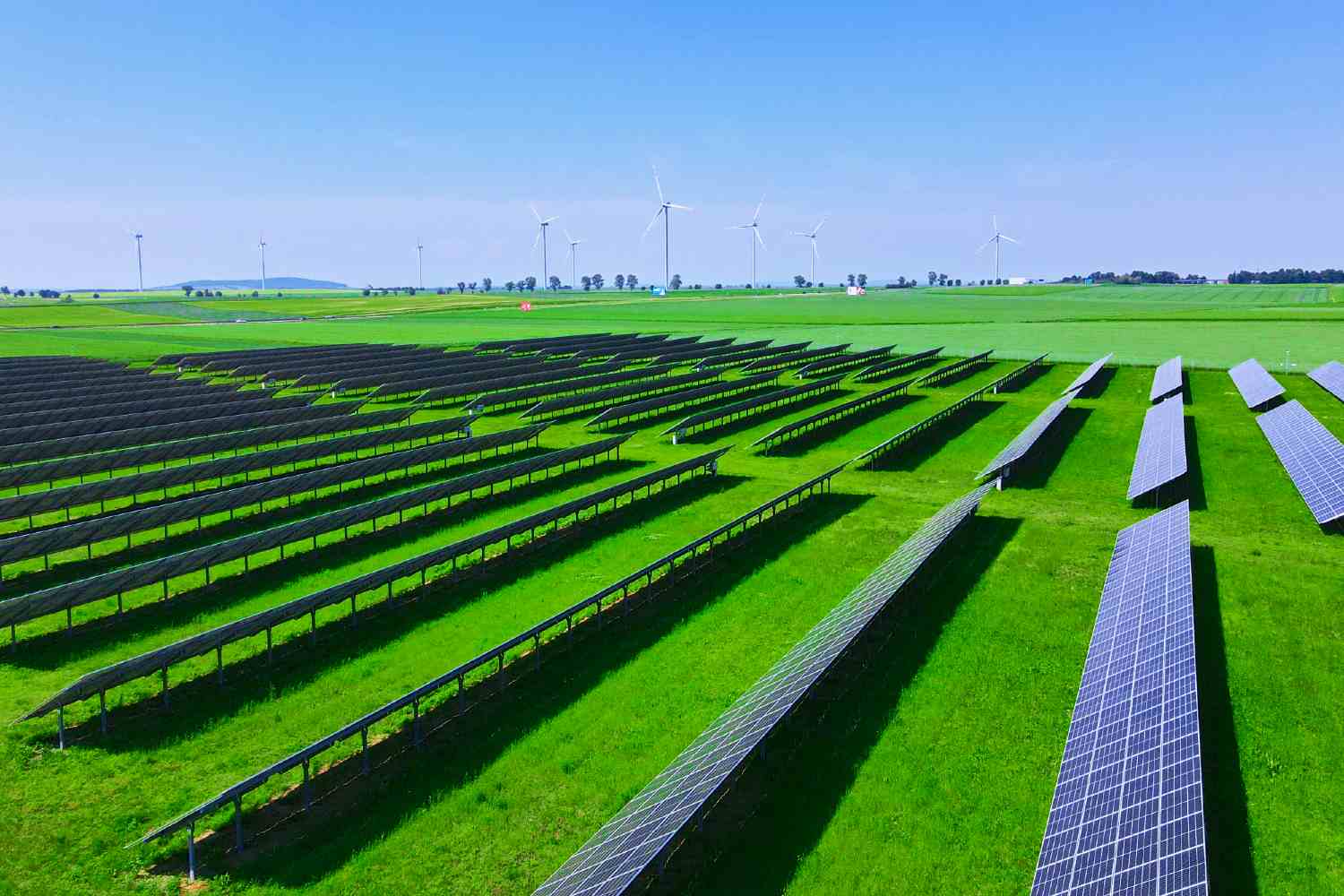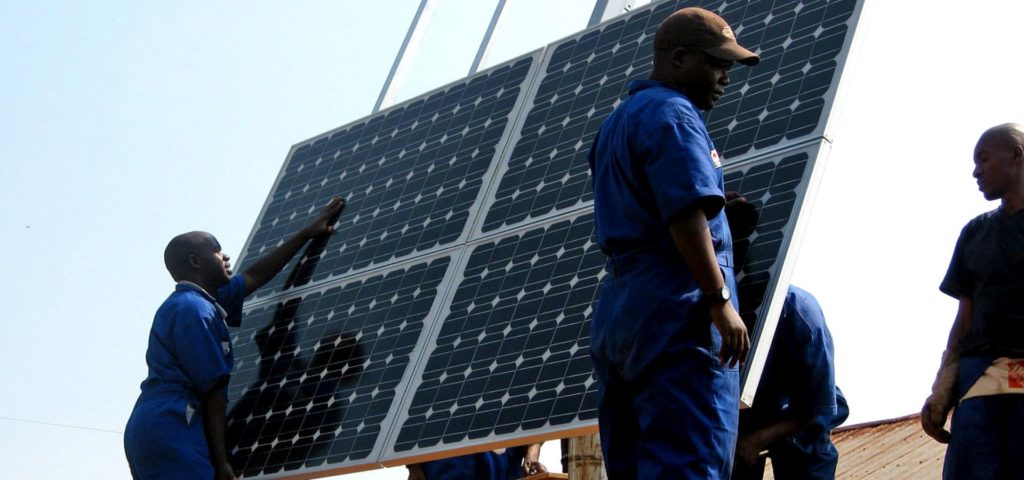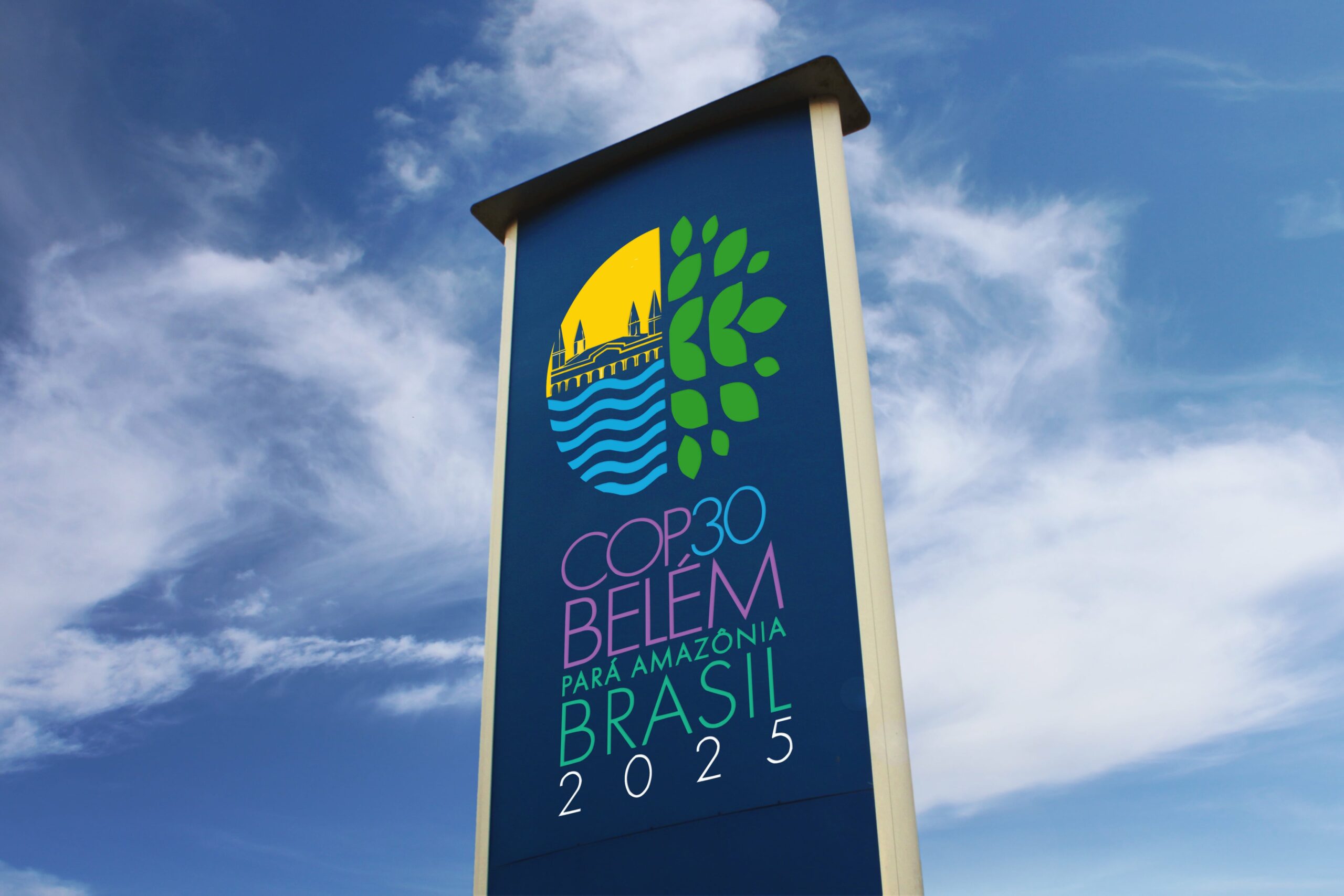Climate & Sustainablity
COP30: What Was Agreed in the COP30 Final Text
COP30 yielded progress on finance, adaptation and transparency but the final text sidestepped fossil fuels, subsidies and strong mitigation commitments.
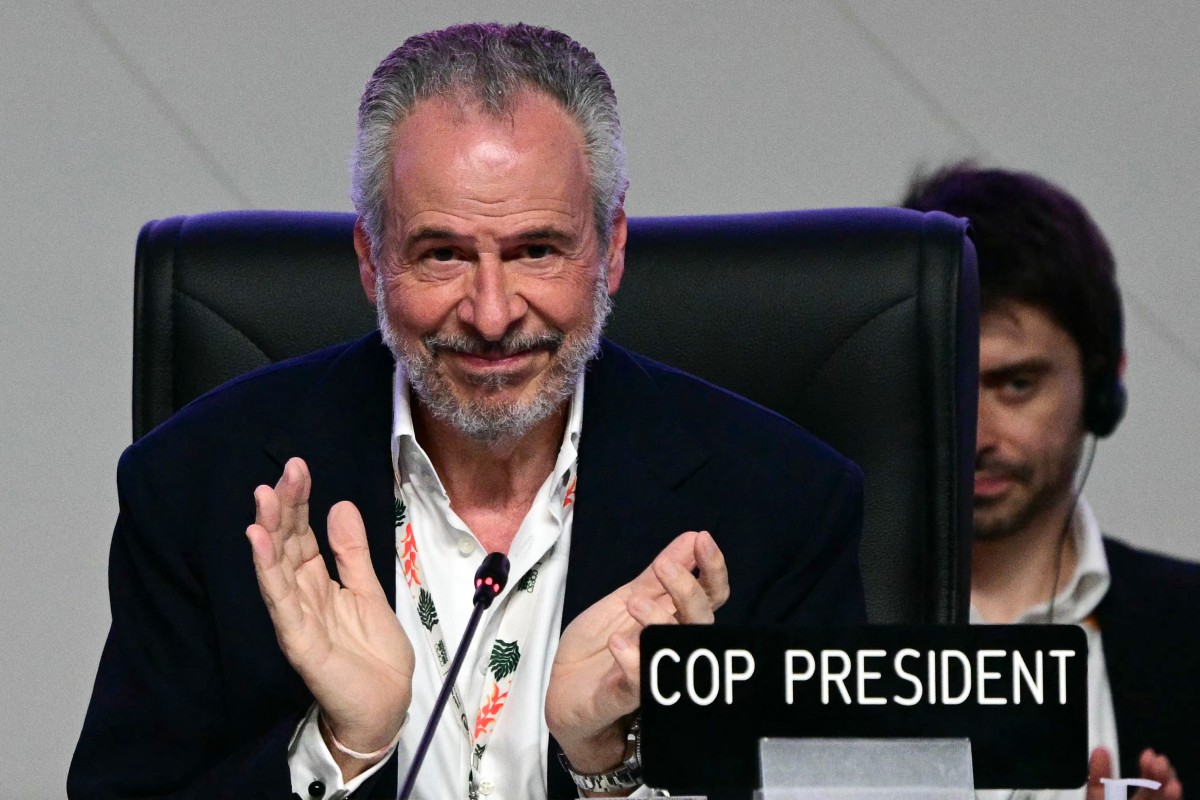
After a fortnight of negotiations in the Amazonian city of Belém, climate diplomats have emerged with a deal they are calling "Global Mutirão", a Portuguese term for collective effort that captures both the ambition and the voluntary nature of what was agreed.
Meeting beneath enormous tents erected over a former airport at the rainforest's edge, delegates from nearly 200 nations celebrated the Paris Agreement's 10th birthday. But the party was exactly impactful: everyone knows current efforts won't keep warming below 1.5°C and the elephant in the room – fossil fuels – was conspicuously uninvited.
Here are the outcomes in the COP30 final text:
Fossil Fuels: Missing From the Final Deal
Notably absent from the final text was any explicit reference to fossil fuels or the historic COP28 commitment to "transition away from fossil fuels", language that has become highly politically sensitive.
The agreement calls for "deep, rapid and sustained reductions in global greenhouse gas emissions" of 43 per cent by 2030 and 60 per cent by 2035, and reaching net zero carbon dioxide emissions by 2050.
It acknowledges the global transition towards "low greenhouse gas emissions and climate-resilient development is irreversible and the trend of the future" but stops short of naming fossil fuels directly.
Despite pressure from climate-vulnerable nations, no roadmap for phasing out fossil fuels was adopted. On November 18, ministers from more than 20 countries convened a press conference to call for a final deal to explicitly include a commitment to develop a roadmap for phasing out fossil fuels. More than 80 countries from Africa, Asia, Latin America and the Pacific joined with EU member states and the UK have thrown their weight behind a roadmap.
The agreement included an initiative for countries to collaborate on a voluntary basis to reduce carbon emissions and strive to limit global warming to 1.5C relative to pre-industrial levels. It also noted a commitment made by all nations at COP28 in Dubai to "transition away from fossil fuels" but this exact phrase was not included.
The silence is seen as a major victory for fossil fuel-producing nations and a defeat for climate-vulnerable countries that had pushed for stronger language.
From 4°C to 2.3°C: Progress, But Not Enough
The agreement recognises significant progress since Paris was adopted in 2015. Global temperature projections have improved from an expected increase of more than 4°C to a range of 2.3-2.5°C based on current commitments. The emissions curve has begun to bend, renewable energy capacity has reached record levels, and clean energy investments are surging.
However, negotiators stressed this progress remains insufficient. Limiting warming to 1.5°C requires reducing global greenhouse gas emissions by 43% by 2030 and 60% by 2035 compared to 2019 levels, with net zero carbon dioxide emissions by 2050.
The $1.3 Trillion Question
Countries reaffirmed the climate finance deal struck at COP29 in Baku, the "new collective quantified goal", which committed developed nations to mobilise at least $300 billion annually by 2035 as part of a broader $1.3 trillion target from all sources.
The agreement "decides to urgently advance actions" to enable the scaling up of financing to the $1.3 trillion goal, with developed countries taking the lead on the $300 billion. But how to actually achieve this remains unclear. COP30 established a two-year work programme on climate finance "without prejudging the process for implementation", essentially kicking detailed decisions down the road.
The text also calls for efforts to "at least triple adaptation finance by 2035" compared to the 2025 doubling goal agreed at COP26 in Glasgow but provides no specific baseline figures, leaving the actual commitment vague.
Countries agreed to pursue tripling annual outflows from major climate funds from 2022 levels by 2030, and to convene a high-level ministerial roundtable to reflect on implementing the new finance goal, including on the quantitative and qualitative elements related to the provision of finance.
Implementation Accelerators Launched
Two major initiatives emerged from the negotiations: The Global Implementation Accelerator and The Belém Mission. The Global Implementation Accelerator will be guided by the COP30 and COP31 presidencies to enhance international cooperation and help countries implement their national climate plans.
On the other hand, the Belém Mission to 1.5 will operate under a three-presidency "troika" spanning COP29, COP30, and COP31, aimed at accelerating implementation of nationally determined contributions and national adaptation plans across mitigation and adaptation.
Both remain voluntary initiatives with no binding commitments.
Adaptation and Loss and Damage
Countries welcomed the Loss and Damage Fund establishing a replenishment cycle and looked forward to successful fundraising for it, the Green Climate Fund and the Global Environment Facility.
The text emphasises the urgent need for grant-based and highly concessional finance, particularly for least developed countries and small island states.
It recognises "the need for urgent and enhanced action and support for averting, minimizing and addressing loss and damage associated with climate change impacts." Developing countries face "significant challenges" in accessing finance for implementing national adaptation plans, the agreement notes.
Transparency Framework
The agreement celebrated completion of the Paris Agreement's first full policy cycle, with 119 countries having submitted their first biennial transparency reports showing progress and gaps in implementing climate commitments.
Technical expert reviews have been initiated for an expected 50 countries by the end of December 2025. Countries acknowledged this transparency framework is "facilitating a clear understanding of efforts" and "promoting trust and confidence."
Protecting the Amazon, Indigenous Rights
Hosted in Belém, Brazil, the agreement emphasises the importance of conserving, protecting and restoring nature and ecosystems, particularly through enhanced efforts to halt and reverse deforestation and forest degradation by 2030.
The framework explicitly acknowledges obligations to respect Indigenous Peoples' land rights and traditional knowledge, along with the rights of local communities, migrants, children, persons with disabilities, and people in vulnerable situations.
Trade and Climate
In a first, trade tensions were explicitly addressed in the final text. The agreement reaffirmed that climate measures, "including unilateral ones, should not constitute a means of arbitrary or unjustifiable discrimination or a disguised restriction on international trade."
Negotiators requested dialogue sessions with the World Trade Organization and other trade bodies to discuss opportunities, challenges and barriers related to trade and climate cooperation.
This reflected concerns from countries including China and other developing nations that trade measures, like carbon border taxes, could create unfair barriers.
What Didn't Make the Cut
Beyond fossil fuels, some notable omissions:
- Methane - not mentioned once, despite being the second-largest driver of climate change and offering quick wins.
- Fossil fuel subsidies - despite draft language calling for phasing out "inefficient" subsidies, the final text is silent. The first version of the Mutirão text contained references to fossil fuel subsidies and to transitioning away from fossil fuels, but these were options, not agreed upon terms.
- Binding targets - everything is voluntary, facilitative, cooperative. Nothing seems to have teeth.
The Road Ahead
Delegates acknowledged that "the Paris Agreement is working" but resolved "to go further and faster." That resolution will be tested in Türkiye at COP31 in 2026, as the window to prevent catastrophic warming continues to close.
Türkiye will be responsible for organising the World Leaders Summit, leading the Action Agenda, and appointing the High-Level Champion and the Youth Champion.
Australia, however, will nominate a representative (the President of Negotiations) to preside over the negotiations with exclusive authority. Australia will also partner with Pacific nations to set the agenda for and host a pre-COP in the Pacific.
COP30 President, Andre Aranha Correa do Lago, emphasised the conference theme as the "COP of Truth," aimed at restoring trust and hope by bringing together science, equity and political determination while strengthening multilateralism and connecting global processes with people on the ground.
Related Stories
Sign up for our newsletter.
Get the latest news, expert analysis, and industry insights delivered straight to your inbox. Join thousands of professionals shaping the future of energy.
By submitting my information, I agree to the Privacy Policy and Terms of Service.
